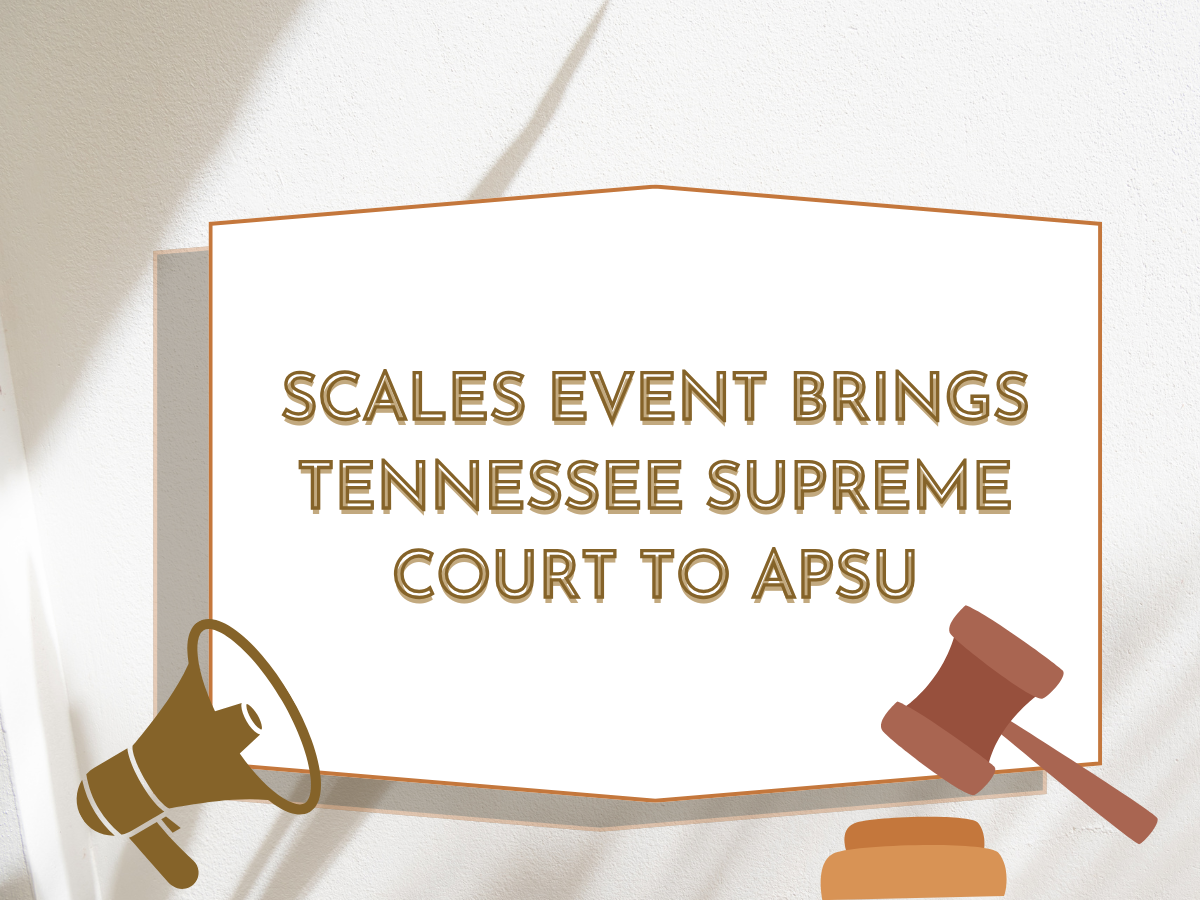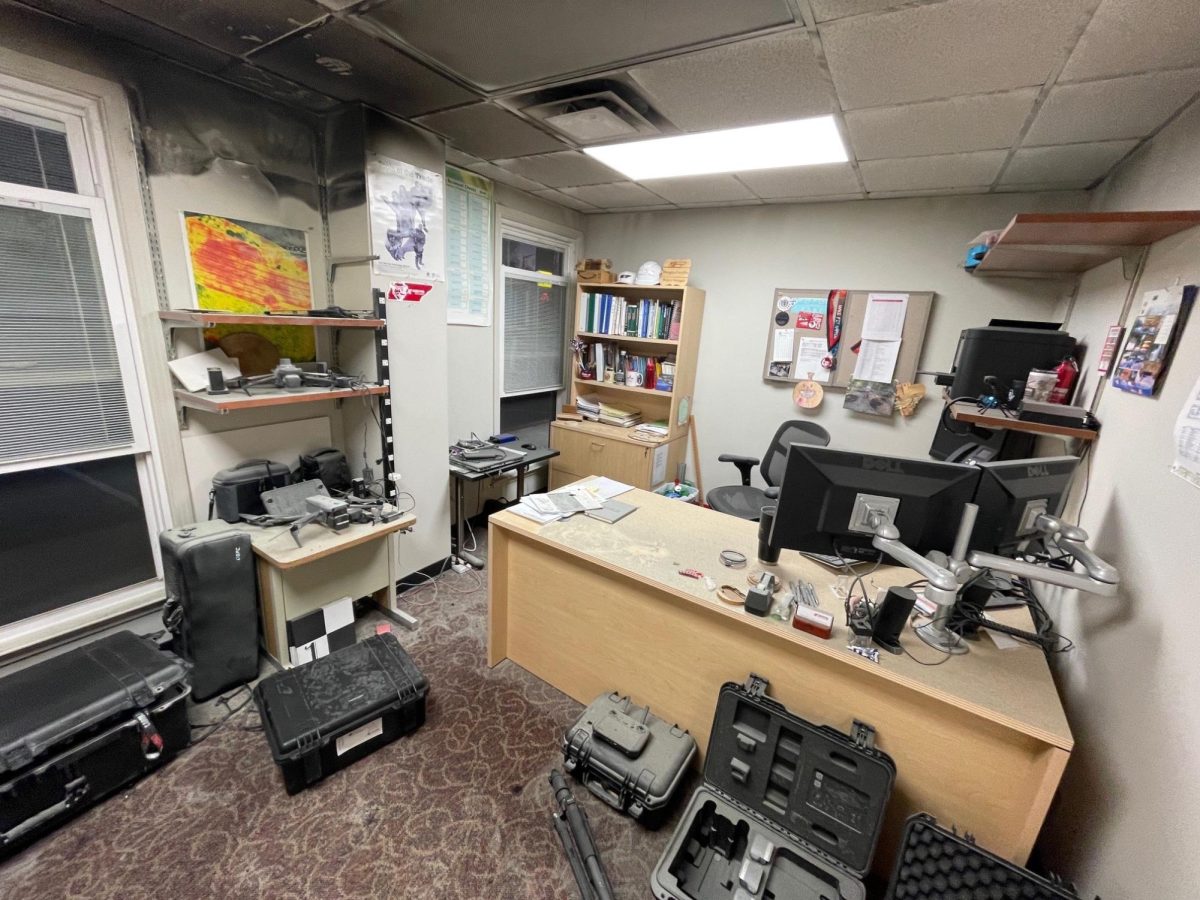For the past several years, Tennessee has faced a downward spiral of voter turnouts. Boasting the rank of 50 out of 51 states, the Volunteer State definitely has room for improvement.
This crisis spans the state and equally effects student organizations such as Austin Peay’s very own Student Government Association, or SGA. As last week’s voting wrapped up, SGA found themselves confronting another disappointing turnout. Students may have voted, but the numbers never raised above already dismal expectations.
SGA members such as STEM senator Ana Plá Rosario have been doing everything in their power to change the low turnout statistic, but constantly find a lack of student engagement. Much like the state government of Tennessee, the SGA has been unable to pique interest and unable to fully reach the student body.
When asked how the low voter turnout effected SGA, STEM senator Ana Plá Rosario said, “Low voter turnout can be discouraging, but it can also be a wake-up call and a motivation to work harder towards providing students the tools they need to vote.”
The wake-up call may be too late for this semester’s elections, but now SGA will have the time to focus on how to prepare for the future.
When it comes to engaging with the student body, many things can and need to be changed. Ten students were selected at random for an interview, and when asked what they knew about the candidates and what they stood for, everyone gave the same answer; “Nothing.”
With such a unanimous response as that, there is clearly a problem with communication. In order to be content with their decision, a voter needs to be informed of what they are voting for. When the same ten students were asked if they were comfortable with voting for candidates they knew nothing about, they all gave a unanimous and simple answer; “No.”
When asked whether they thought information on SGA was accessible, Eve Vaughn said, “No, because [James] didn’t even know we could vote, and I knew we could vote and I saw a lot of stuff about student government elections, but I’m on the school’s website a lot and I still didn’t know where to look for information.”
This shows that more needs be done to inform voters. With a lack of information available, students feel as though they are unable to make an informed decision. While no one wants to have their hand held, it’s impossible to look for information with no guidance or easy access.
While receiving information and being informed has been an issue for the student body, many students had ideas to improve communication between voters and SGA.
After listening to the answers given by Eve Vaughn, James Dooley said, “E-mails at the very least. I feel like they could set up something like a system where we’re e-mailed twice a week … I’d be alright with candidates e-mailing me about what they stand for.”
Another student, Phoebe Crawford agreed and said, “Maybe post more on OneStop, or maybe send out e-mails. I haven’t seen very much, I mean I’ve seen posters, but they don’t say any more than ‘vote for me.’ They don’t tell you anything about their policies … Basically have more internet access.”
Liam Bell noted the importance of publicity and said, “More public speaking platforms that are publicly advertised, and maybe more debates.”
After expressing their ideas, most students agreed that they would put in the time to learn more about SGA and the candidates involved in their elections so long as information was accessible. Accessibility was what mattered the most to these students.
Members of SGA are also aware of these need for accessibility, though nothing has yet been done to solve the issue. Rather than accessibility, many members have been focusing on encouraging students to vote, which is an equally important issue.
When asked what could be done to encourage voters, Ana Plá Rosario said, “Education and communication – knowing where to register, how to vote, and who the candidates are, are details that can change a student from being frustrated or apathetic to being involved. Students need to voice our questions and concerns when we have them and share the knowledge that we have. #govsvote.”
Last week, students could be seen with stickers exclaiming, “I voted!” While a nice and cute incentive, students are asking for more to be done in order for them to be comfortable with expressing their opinions through votes. All most of them have asked for is transparency and open communication.
A lot must be changed to encourage students to vote, but it is very important to ensure that the voice of the people is heard.







